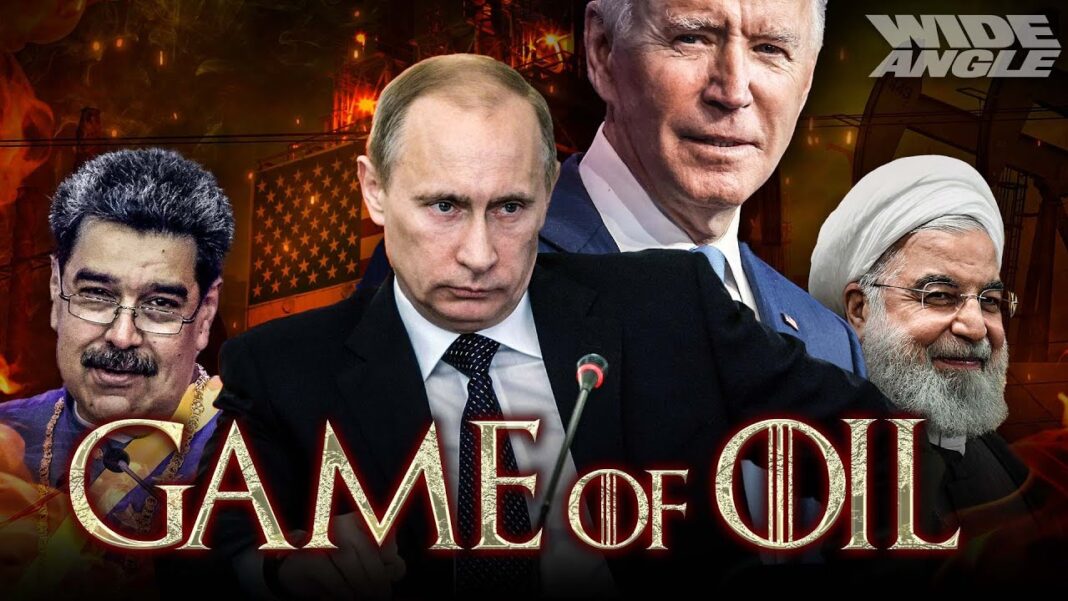Richard Nixon’s leadership as our thirty-seventh President is often unfairly obscured by the emphasis placed on Watergate. But when examining any presidency, we must keep in mind that no President had or can have a mistake-free administration. In this brief study I wish my readers to rediscover Nixon’s noteworthy skills as a leader by looking past, and not getting distracted by, the fog of Watergate.
Taking Office
When he took office in 1969, Richard Nixon inherited a host of presidential problems: the Vietnam War; a Democratic-controlled Congress; and a bad economy stemming from the war, and former President Johnson’s “Great Society” programs. Nixon’s statement—“Our great goal should be to rekindle faith in freedom, not only abroad but at home”—summarizes the intention of his administration.
Vietnam
Nixon wanted to obtain a “peace with honor” while freeing South Vietnam from the Communist threat. At the same time, he made it clear he would not let anti-war demonstrations influence him and charged radical protesting students of “self-righteous moral arrogance.” Nixon said “If . . . any President allowed his course to be set by those who demonstrate, he would betray the trust of all the rest.”
After taking office Nixon began gradually withdrawing U.S. troops from Vietnam. Simultaneously he initiated the training of the South Vietnamese to defend themselves, a procedure dubbed “Vietnamization.” “We’re going to continue to reduce our forces and we are getting out of Vietnam in a way that Vietnam will be able to defend itself,” Nixon announced. In November of 1969, President Nixon gave a speech asking for the support of the “great silent majority” (Americans not protesting the war) while he continued to withdraw troops.
But following North Vietnam’s assault against Cambodia Nixon decided to step up the U.S. military offensive. He was determined not to abandon South Vietnam to the North, and just as determined to put an end to Communism. At this decision anti-war sentiment reached a fever-pitch. Nixon believed the protests only aided North Vietnam, tampered with peace negotiations, and set back his efforts to end the war. At one point in 1970, Nixon was frustrated enough to declare, “As long as I am President, no band of thugs is going to keep me from going out and speaking with the American people whenever they want to hear me and wherever I want to go.”
Finally, in 1972 the rest of the U.S. troops exited the Vietnam scene. When peace negotiations broke down the President ordered the bombing of Hanoi. This was an unpopular decision and risked his chances in the upcoming election, but Nixon was firm in his stance. The bombing strategy worked, forcing the North to resume negotiations.
Subsequent to Nixon’s landslide reelection, the war halted with the signing of the Paris Peace Accords. Since the Accords allowed Communist soldiers to remain in the South, Nixon told the President of South Vietnam the U.S. would come to his aid if the North violated the peace. Unfortunately, Congress made Nixon’s promise worthless by banning anymore war involvement there after a certain date. This benefited the North and contributed to the collapse of the South in 1975.
China
Another monumental period of the Nixon administration was the opening of China. Though he abhorred Communism, President Nixon’s decision to visit and reopen communications with China was an attempt to aid the citizens of that nation. Nixon explained:
Our action in seeking a new relationship with the People’s Republic of China will not be at the expense of our old friends. It is not directed against any other nation. We seek friendly relations with all nations. Any nation can be our friend without being any other nation’s enemy. I have taken this action because of my profound conviction that all nations will gain from a reduction of tensions and a better relationship between the United States and the People’s Republic of China.
At the time, both the U.S. and China faced a threat from the Soviet Union. Another benefit of opening China, Nixon knew, was the strategic position in which this would place the U.S. when communicating with Russia. Nixon’s objective was further explained by then-governor of California Ronald Reagan:
[T]he president, knowing of the disaffection between China and Russia, visits China, butters up the warlords, and lets them be, because they have nothing to fear from us. Russia, therefore, has to keep its 140 divisions on the Chinese border; hostility between the two is increased; and we buy a little time and elbowroom in a plain, simple strategic move, a million miles removed from the soft appeasement of previous Democratic administrations.
New Federalism
Nixon also tackled reorganizing the federal government, a process termed “New Federalism.” He tried to consolidate organizations and promote government efficiency while diminishing the role of big government. Nixon later said, “The fallacy of contemporary liberalism is its assumption that every problem has a government solution. It does not.”
In early 1970 he proposed doing away with or at least modifying fifty-seven government programs. He also experimented with a plan of sending government money back to the states with no strings attached (The State and Local Assistance Act of 1972). The plan failed, resisted by congressmen who complained it decreased their influence with their states.
Welfare Reform
Nixon attempted to reform welfare, realizing “the more the federal government steps in and does things for people, the less they are going to do for themselves.” He made efforts to spark incentive for individuals to solve their own problems at the local level. Although blocked by a Democratic Congress in most of his welfare reform, President Nixon managed to veto a $5,600,000 public works bill which he deemed a costly method of putting unemployed to work.
His outlook on welfare is further clarified in this statement:
The Founders created a land of opportunity. For more than three centuries, opportunity was enough because the culture conditioned people to take advantage of it. But we have now created a culture in which appallingly large numbers ignore the opportunities offered by work, choosing instead those offered by interwoven worlds of welfare and crime. Our task now is not to invent opportunity, but to enforce honest work as the route to it.
Other Accomplishments
- To prevent more wars like Vietnam, Nixon introduced the Nixon Doctrine, which involves the process of helping small nations defend themselves via U.S. military and economic aid.
- President Nixon was able to appoint four justices to the Supreme Court, selecting individuals who observed a strict interpretation of the Constitution.
- President Nixon financially aided Israel in their “Yom Kippur War”, playing a role in saving that nation.
To conclude, Richard Nixon deserves more recognition for his accomplishments than for Watergate. In fact, author and historian Walter A. McDougall expressed a belief that Nixon’s administration was responsible in a lot of ways for the success of Ronald Reagan’s presidency. Nixon stands out as a great leader because of his ability to act resolutely, in the face of criticism from the people and the press, for the good of the nation. Today, we can be thankful for Nixon’s efforts to “rekindle faith in freedom abroad and at home.”
Bibliography:
Eisenhower, Julie. Pat Nixon: The Untold Story. New York: Simon and Schuster, 1986.
Nixon, Edward C., and Karen L. Olson. The Nixons. Bothell, Washington: Book Publishers Network, 2009.
Taylor, Tim. The Book of Presidents. New York: Arno Press, 1972. Von Damm, Helene. Sincerely, Ronald Reagan. Illinois: Green Hill Publishers, 1976.







